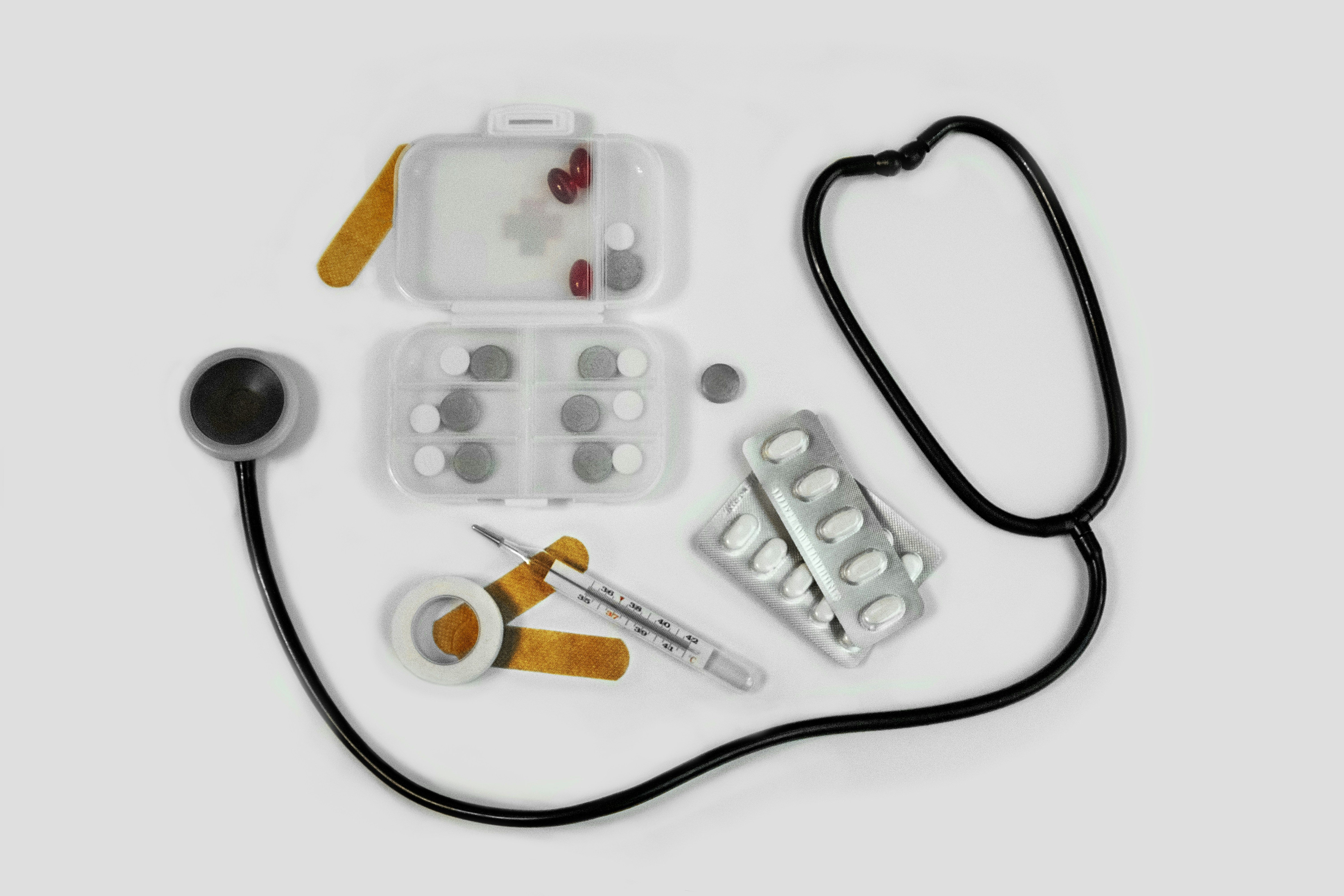If you’ve ever felt queasy or dizzy while riding in a car, you’re not alone. Car sickness, also known as travel sickness, is a type of motion sickness and a common issue for many passengers that can make travel uncomfortable or even unbearable. It occurs when your brain receives conflicting signals from your eyes and inner ears during movement, leading to a range of unpleasant symptoms.
The good news is that there are several effective ways to prevent or manage car sickness so you can enjoy a smoother, more comfortable ride. Below, we’ll explore the symptoms, causes, and best remedies for dealing with car motion sickness.
What Is Car Sickness?
Car sickness is a form of motion sickness triggered by movement while riding in a vehicle. It occurs when your brain receives conflicting messages from your inner ear (which senses motion) and your eyes (which may not see the motion if you’re looking at something still, like a book or phone).
This sensory mismatch leads to discomfort and a range of symptoms that can vary in severity. While drivers are rarely affected, passengers—especially in the back seat—are far more susceptible.¹
Common Car Sickness Symptoms
Car sickness symptoms can come on quickly and may worsen if not addressed. The most common include:¹,²
- Nausea or queasiness
- Vomiting
- Dizziness or lightheadedness
- Cold sweats
- Headache
- Increased fatigue
- Pale or flushed skin
What Causes Car Sickness?
Car sickness stems from a sensory disconnect. When your inner ear senses movement but your eyes don’t (or vice versa), your brain struggles to make sense of the signals—often interpreting it as a problem that triggers nausea as a defense mechanism.¹
Common causes include:
- Reading, watching videos, or using a phone during travel
- Sitting in seats with limited visibility (like the backseat)
- Strong odors (like food or gasoline)
- Poor ventilation or stuffiness in the car
- Anxiety or fear of getting car sick
Who Is Most at Risk for Car Sickness?
While anyone can experience car sickness, certain individuals are more susceptible than others. Pregnant individuals often have heightened sensitivity that can increase their risk, and those who are prone to migraines may also find themselves more vulnerable to motion-related discomfort.
Passengers—especially those seated in the back seat—tend to experience car motion sickness more frequently than drivers, likely due to limited visibility and less control over the vehicle.
Additionally, individuals with inner ear problems or vestibular disorders may struggle more with maintaining balance and motion perception, making them more prone to symptoms.¹
What Are the Best Car Sickness Remedies and Prevention Tips?
There’s no one-size-fits-all cure for car sickness, but several strategies can reduce symptoms or prevent them altogether:¹,²
Lifestyle and Behavioral Tips
- Sit in the front seat or by a window to stabilize your field of vision.
- Focus on the horizon or distant scenery instead of nearby objects.
- Avoid reading or screen time during the ride.
- Get fresh air by opening a window or using air vents.
- Take breaks on long trips to get out and walk around.
Dietary & Natural Remedies
- Eat a light meal before traveling—avoid heavy or greasy foods.
- Try ginger in tea, chewable form, or supplements to help settle the stomach.
- Peppermint (gum, tea, or oil) can also ease nausea.
Over-the-Counter & Medical Solutions
- Use motion sickness medications like Dramamine (dimenhydrinate) or Bonine (meclizine).
- Ask a doctor about prescription patches like scopolamine for longer trips.
- Consider acupressure wristbands that target nausea relief points.

When Should You See a Doctor for Car Sickness?
For most people, car sickness is mild and manageable with simple lifestyle changes or over-the-counter remedies.
If your symptoms—such as nausea, dizziness, or vomiting—are severe or continue long after a car ride, it may be a sign of an underlying medical condition that requires attention. Persistent or worsening symptoms should not be ignored.
If you’ve already tried various strategies, such as changing your seat, using motion sickness medications, or adjusting your diet, and nothing seems to help, a doctor may be able to recommend more effective solutions tailored to your needs. In some cases, frequent or intense motion sensitivity may point to a balance or inner ear disorder, which often requires evaluation by a specialist.
Additionally, if you travel often for work or family obligations, a healthcare provider can suggest medications or coping techniques to help prevent you from feeling travel or car sick and make travel more comfortable. If car motion sickness is interfering with your daily life or travel plans, seeking medical advice is a smart step toward long-term relief.
Frequently Asked Questions
How do you get over car sickness?
To get over car sickness, try sitting in the front seat, looking at the horizon, and getting plenty of fresh air. Car sickness remedies like ginger, acupressure bands, or motion sickness medications can also help relieve symptoms.¹
Why do I get motion sickness so easily?
Motion sickness occurs when your brain receives conflicting signals from your eyes and inner ear. Some people are more sensitive to this mismatch due to genetics, migraines, or inner ear conditions.¹
Can car sickness be cured?
There is no car sickness cure, but it can be effectively managed. Lifestyle changes, over-the-counter treatments, and in some cases, prescription medications can significantly reduce symptoms.¹
What is car sickness called?
Car sickness is a form of motion sickness, medically referred to as kinetosis. It specifically happens during car travel when your sensory systems are out of sync.
Convenient Car Sickness Relief—Whether You're at Home or on the Road
Car sickness can make even short trips uncomfortable, but it doesn’t have to get in the way of your life. By recognizing the symptoms, understanding the causes, and using proven prevention methods, you can reduce or even eliminate the discomfort.
If your symptoms persist or you're looking for fast, effective relief, 24hrdoc offers convenient online car sickness treatment. Whether you’re already on the road or preparing for an upcoming trip, you can get expert care and prescription solutions without ever stepping into a clinic. Get back to traveling comfortably with help from 24hrdoc.
Sources:
- Cleveland Clinic. Motion Sickness.
- WebMD. Why Do I Get Motion Sickness?.




